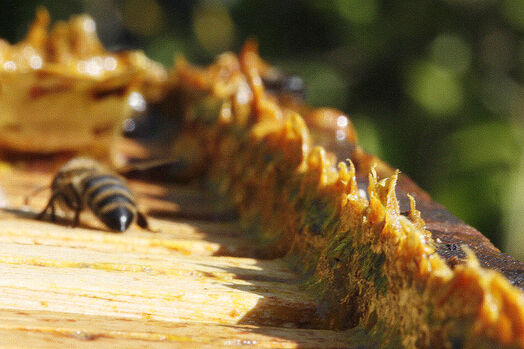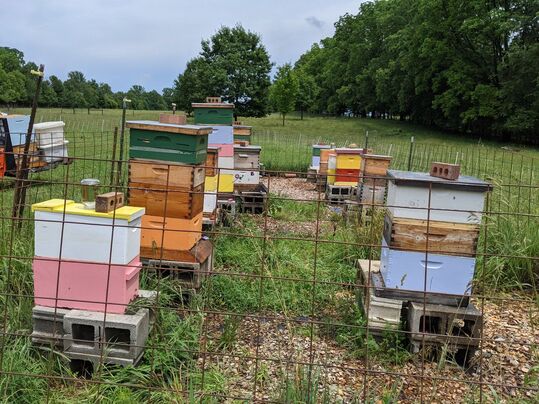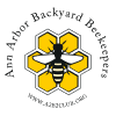 Antimicrobial Propolis is a sticky substance made from the resin of certain trees. It is found inside honey bee hives coating the walls and sealing gaps. It not only helps to make the hive waterproof and airtight, but also is antimicrobial, acting as part of the honey bee super organism immune system. Some people take propolis orally (usually in a capsule or tincture) in the hopes that it will boost their immune system. Unfortunately, there is not much hard science to support this practice. Better Studies have shown that honey bee colonies that collect and use more propolis in their hives have lower incidence and better recovery from diseases like American Foulbrood (AFB), chalkbrood, and Nosema. Unfortunately, because it is sticky and makes it hard to inspect hives, beekeepers have been actively breeding out bee strains who collect and use lots of propolis. This, along with Varroa mites, may be one reason for the current high rate of colony loss. Cottonwood The trees that honey bees collect propolis from most often in Michigan are poplars and cottonwood trees. If bees do not have access to these trees, they may collect other sticky substances such as asphalt. Bees who collect propolis will only forage for propolis and never for pollen, water, or nectar. The resin is stored in the forager bee’s pollen basket, but when she returns to the hive, she will require another bee’s help to bite away the collected resin. More Information: https://www.youtube.com/watch?v=Xsj8mB4KKZs
0 Comments
Leave a Reply. |
AuthorJen Haeger is a new master beekeeper and board member of A2B2. Archives
August 2022
Categories
All
|


 RSS Feed
RSS Feed
